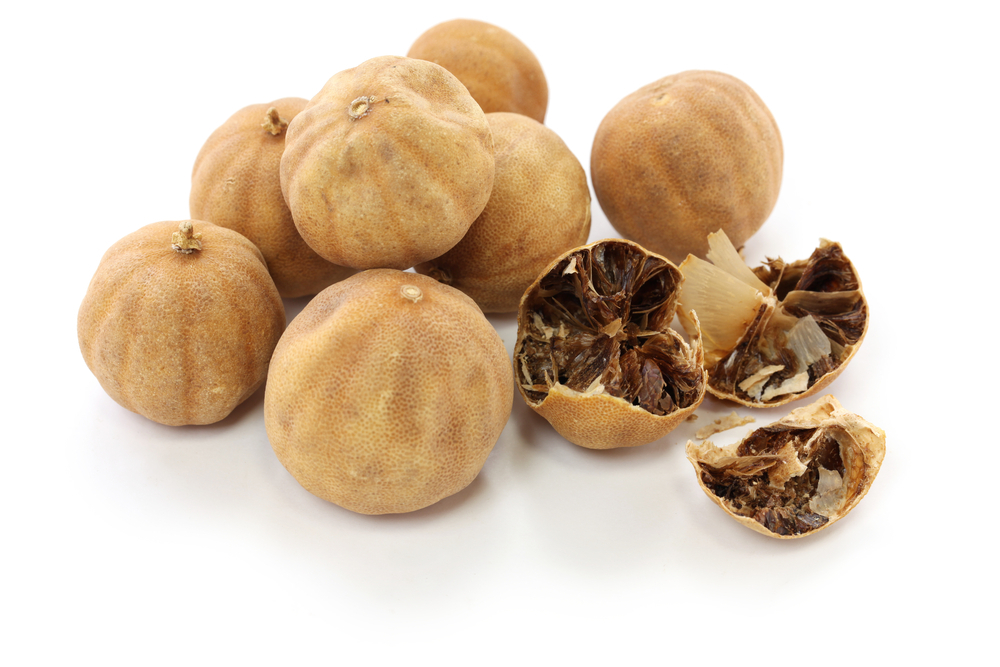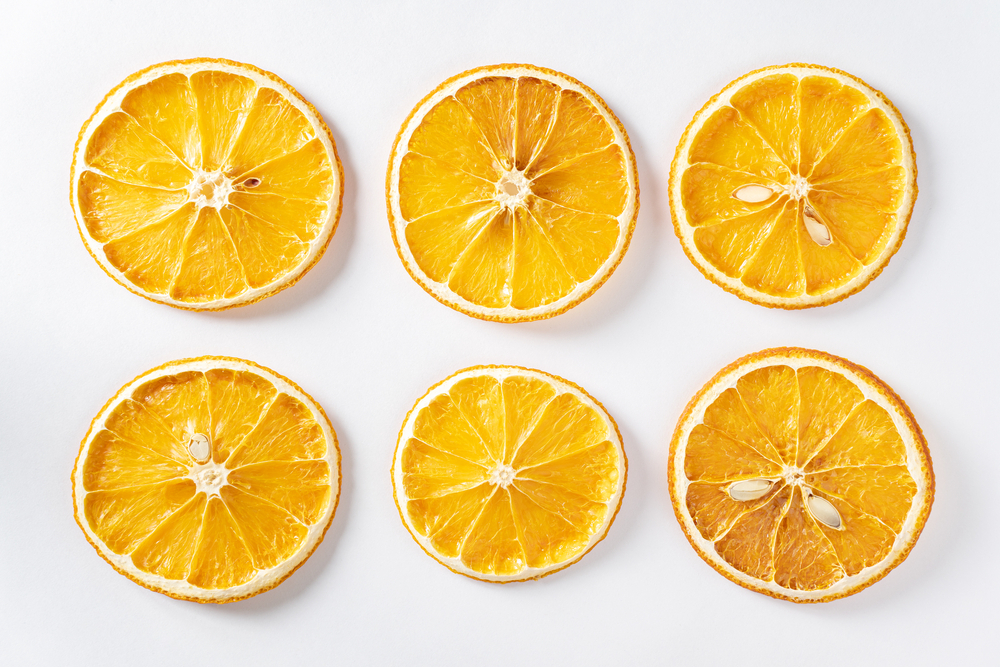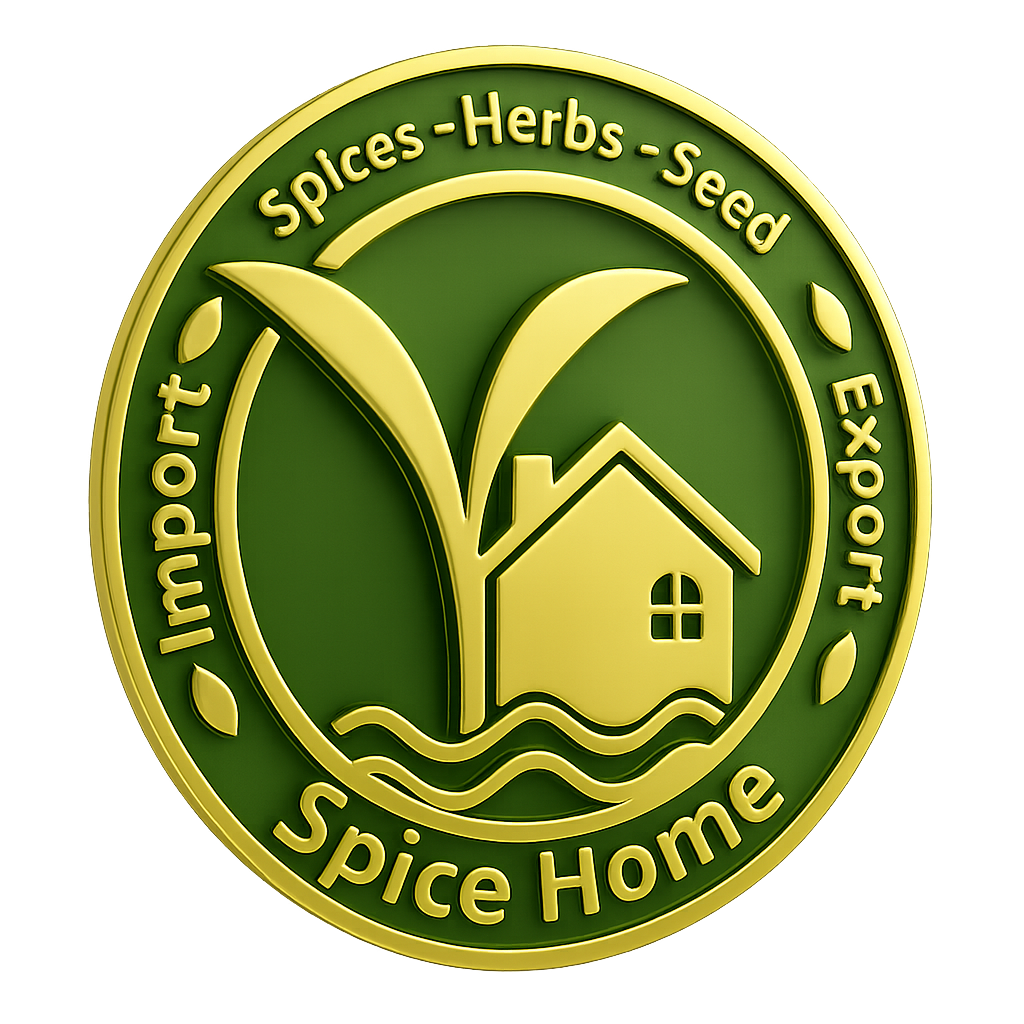Exploring the Health Benefits and Culinary Applications of Dried Lemon
Dried lemon, a versatile ingredient prized for its tangy flavor and aromatic zest, offers a myriad of health benefits and culinary applications. While fresh lemons are widely celebrated for their nutritional profile, the process of drying lemons concentrates their nutrients and intensifies their flavor, making them a valuable addition to both health-conscious diets and gourmet cuisine. This essay delves into the dual role of dried lemon, examining its significant health benefits and diverse culinary uses.

Health Benefits of Dried Lemon:
Dense Nutritional Profile: Dried lemon retains many of the essential nutrients found in fresh lemons, including vitamin C, vitamin B6, potassium, and dietary fiber. The drying process concentrates these nutrients, making dried lemon a convenient and nutrient-dense option for individuals seeking to boost their intake of essential vitamins and minerals.
Antioxidant Properties: Like fresh lemons, dried lemon is rich in antioxidants, compounds that help neutralize harmful free radicals in the body and reduce oxidative stress. The antioxidants present in dried lemon, such as flavonoids and limonoids, have been associated with various health benefits, including reduced inflammation, improved cardiovascular health, and enhanced immune function.
Digestive Health: The dietary fiber found in dried lemon supports digestive health by promoting regular bowel movements and preventing constipation. Additionally, the citric acid present in lemons may help stimulate stomach acid production and improve digestion, making dried lemon a beneficial addition to meals for individuals with digestive issues.
Immune System Support: Dried lemon’s high vitamin C content makes it a potent immune booster, helping to strengthen the body’s natural defenses against infections and illnesses. Regular consumption of dried lemon may contribute to a healthier immune system, reducing the risk of common colds, flu, and other respiratory infections.
Culinary Applications of Dried Lemon:
Flavor Enhancer: Dried lemon adds a burst of citrus flavor to a wide range of dishes, including soups, stews, sauces, marinades, and salads. Its tangy and refreshing taste complements both savory and sweet ingredients, enhancing the overall flavor profile of culinary creations.
Ingredient in Spice Blends and Rubs: Ground dried lemon zest can be used as a flavorful ingredient in spice blends and rubs, adding brightness and depth to dishes such as grilled meats, seafood, and roasted vegetables. Combined with herbs, spices, and other dried ingredients, dried lemon zest creates complex and aromatic seasoning blends that elevate the taste of various dishes.
Infusion in Beverages: Dried lemon slices or zest can be infused in hot water to make a refreshing and citrusy tea or added to cold beverages such as water, lemonade, or cocktails for a zesty twist. The subtle acidity and vibrant flavor of dried lemon enhance the taste of beverages, making them more enjoyable and flavorful.

Versatile Condiment: Dried lemon can be ground into a fine powder and used as a versatile condiment, sprinkled over dishes as a finishing touch or incorporated into dressings, dips, and sauces for added flavor and complexity. Its concentrated flavor and aroma make it a valuable ingredient in culinary preparations, from savory to sweet.
Summary
In conclusion, dried lemon offers a wealth of health benefits and culinary possibilities, making it a valuable ingredient in both nutritious diets and gourmet cuisine. From its dense nutritional profile and antioxidant properties to its versatile culinary applications as a flavor enhancer, spice ingredient, beverage infusion, and condiment, dried lemon adds vibrancy, freshness, and zest to a wide range of dishes. By incorporating dried lemon into their cooking repertoire, individuals can not only enjoy its delicious flavor but also reap the numerous health benefits it has to offer, promoting overall wellness and culinary creativity.


